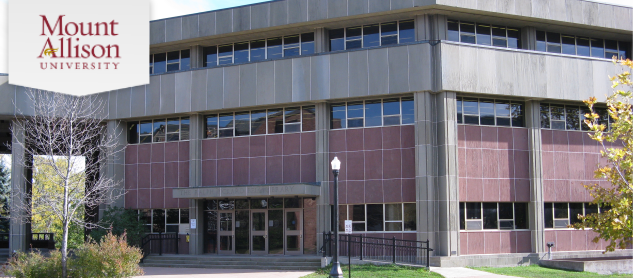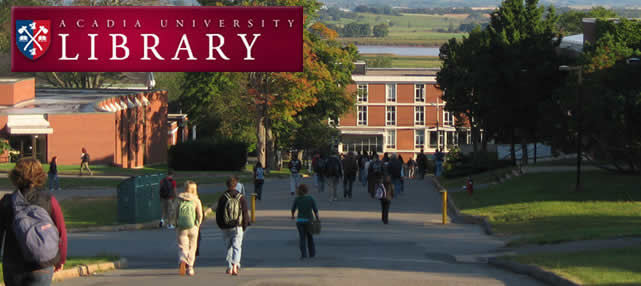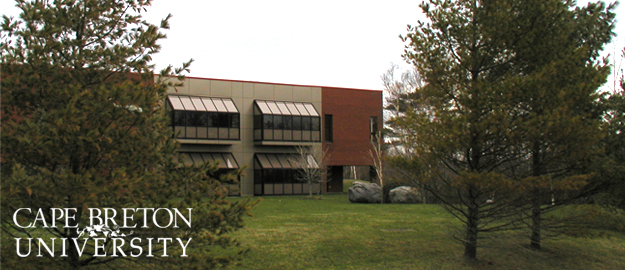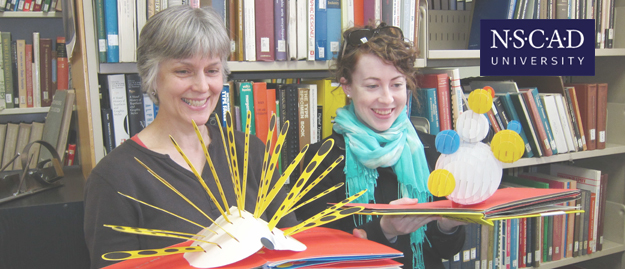Q & A on the new Governance Structure
Questions and discussion about why we are making the Novanet organizational structure changes and how it will work.
Why are we separating policy from system operations?
Removing the systems operational issues from the Policy Board mandate and placing it with the System Operations Committee means that decisions on operational issues will not need to go through the Policy Board. Approval for operational matters will not need to wait until a meeting of the Policy Board.
Separating the systems operations from the policy of Novanet is a recognition that the expertise for the operational aspects of the system doesn’t lay with the members of the Policy Board. The former Novanet Management Committee spent much time on systems management issues and often did not have time to move the meetings to other issues/avenues that Novanet could and should explore. Separating the operations from the policy gives an opportunity for the Policy Board to consider the non-system initiatives and policies (e.g. distance education, relias) reassured that the System Operations Committee will remain focussed on the system.
How do individuals participate in the new Novanet Structure?
The structure gives all individuals within the Novanet system access to input and discussion concerning Novanet. The onus is on individuals and on each institution to ensure they participate.
There will continue to be listserves for each functional group and all staff who work within those functional areas should become members of the listerves. The listserves will also be open to other staff in Novanet libraries who wish to become members. The functional groups are defined as:
- Cataloguing
- Acquisitions/Serials
- Online Public Catalogue
- Lending Services (eg circulation, Novanet express)
- Information Technology Advisory
Each functional group has one “functional representative” on the System Operations Committee and one “functional contact” at each institution.
If a staff member has an issue or concern that falls within the functional areas they should bring it to the listserve for discussion or to their functional contact for that functional group.
If a staff member has an issue/concern or idea that does not fall directly within the functional areas they should bring it to the Chief Librarian of their institution. The Chief Librarian will either bring it to the Policy Board or to the System Operations Committee Policy Board representative (i.e. Incoming Policy Board Chair) for discussion.
What is the role of the functional representatives?
The functional representatives are individuals elected from their groups functional contacts to sit on the System Operations Committee to represent the group on the Committee. They will act as the resource person for that functional group on the System Operation Committee.
Functional Representatives will be responsible for monitoring the listserve for their group, receiving input from the functional contacts and members on issues and concerns for their area and communicating the issues to the System Operations Committee.
Functional Representatives will be representing the functional group rather than their own institution on the Committee.
What is the role of the functional contacts?
Each June, the Chief Librarian of each institution will designate one person per functional group to be the “functional contact” who will act as the contact and resource person for that group within their own institution.
Functional contacts are responsible for communicating to the functional representatives issues and concerns that arise from within their own institution.
The functional contacts are responsible for ensuring wide consultation and discussion on issues dealing with their functional group within their own institution.
The functional contacts will vote for the functional representative for their group.
Although the functional contacts will act as the key contact all staff within Novanet libraries are encouraged to actively participate on the Novanet listserves.












